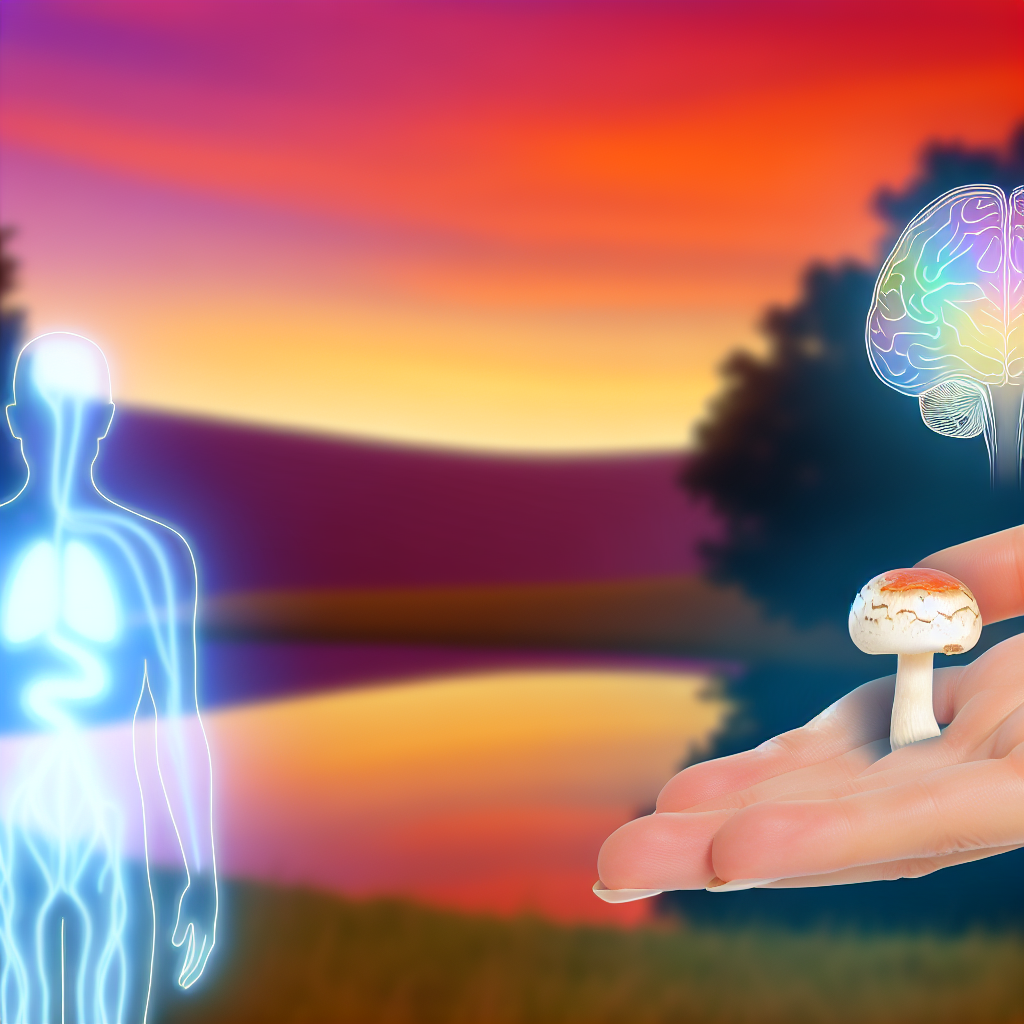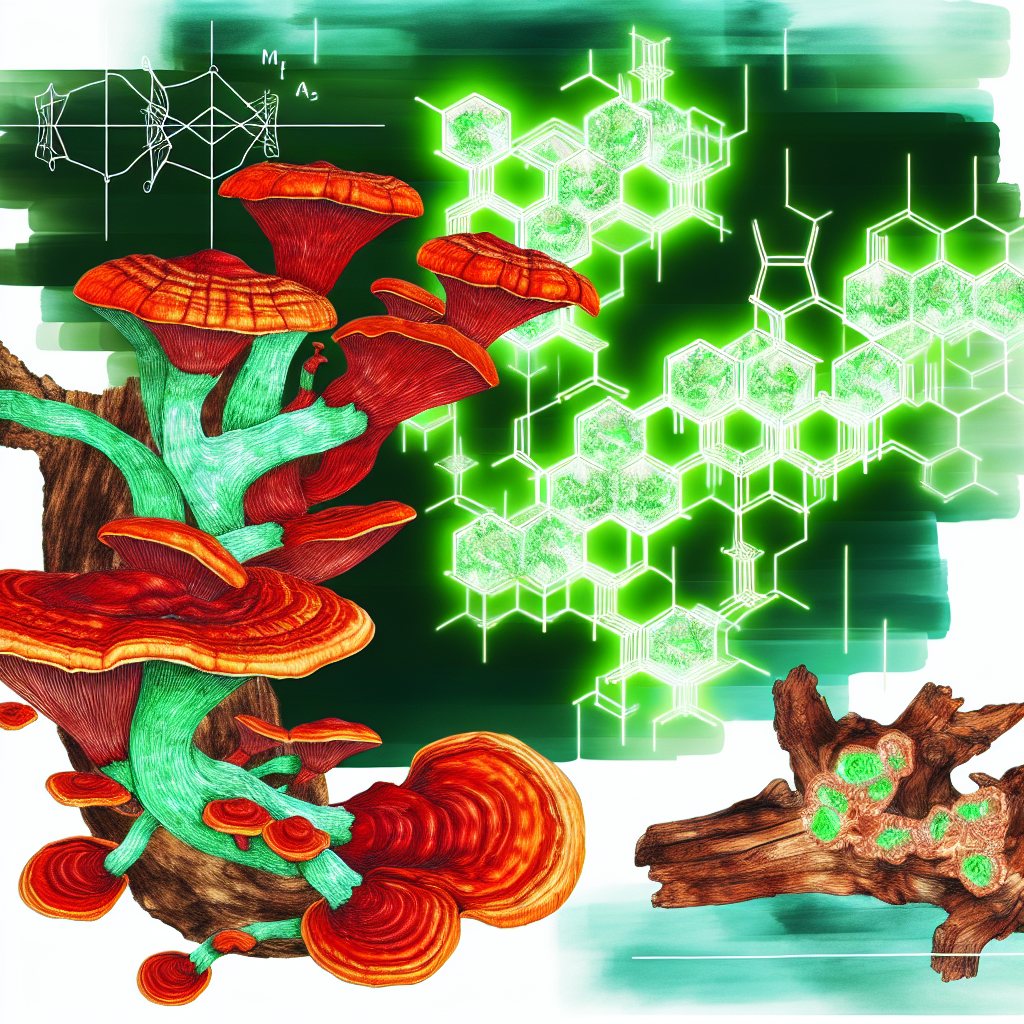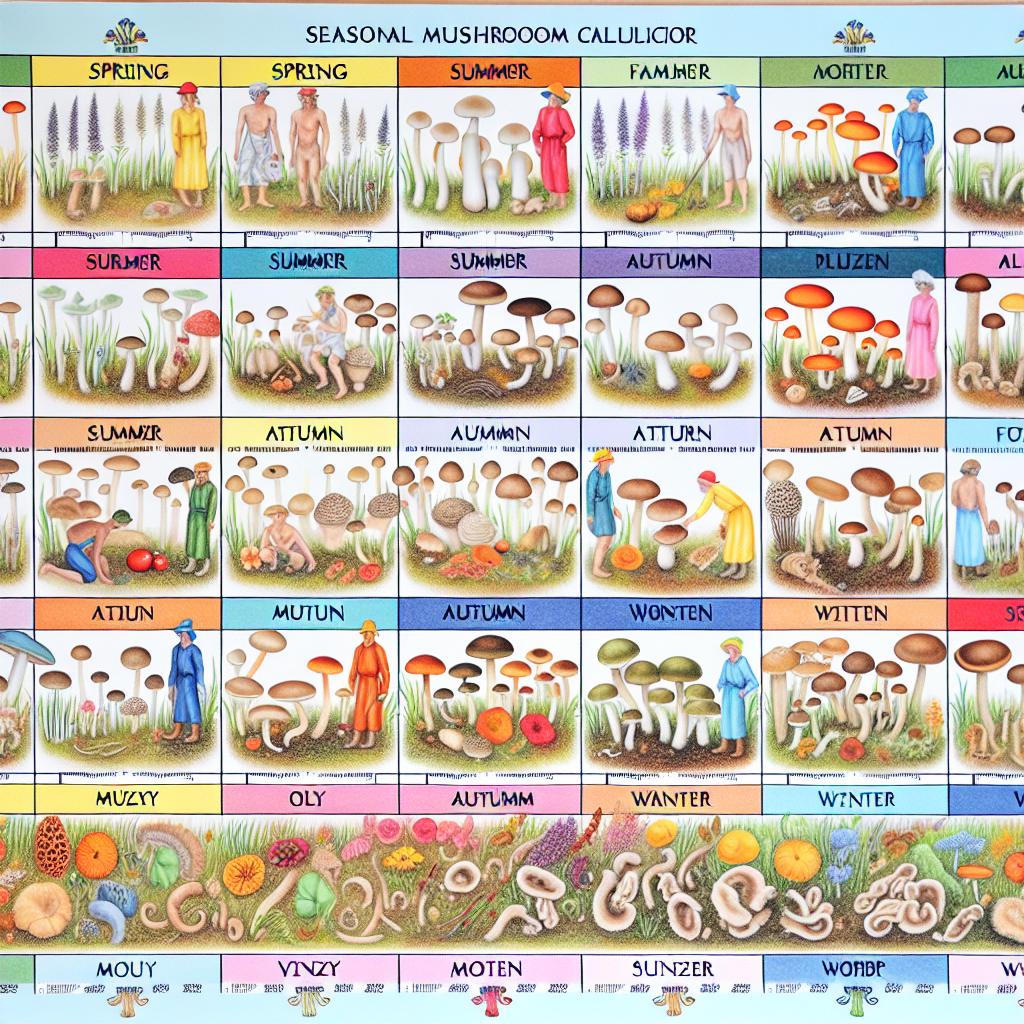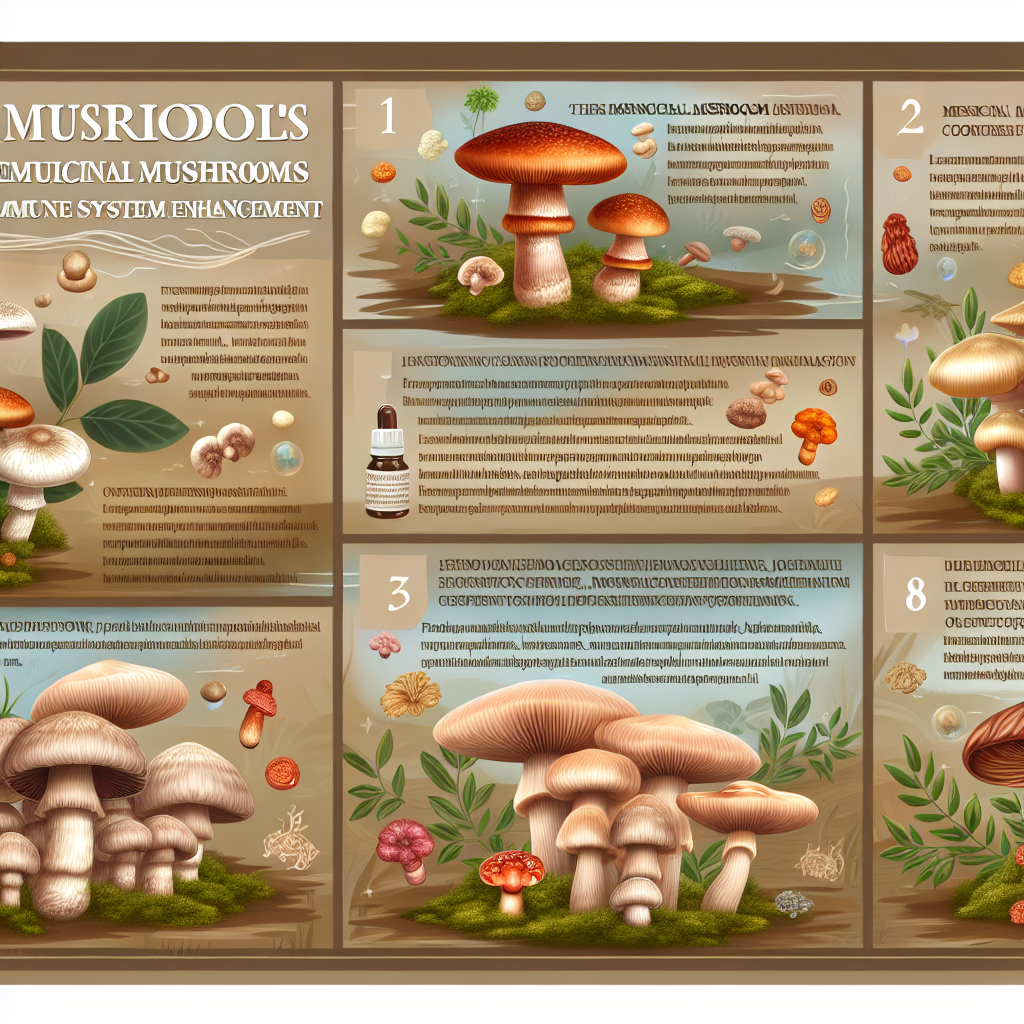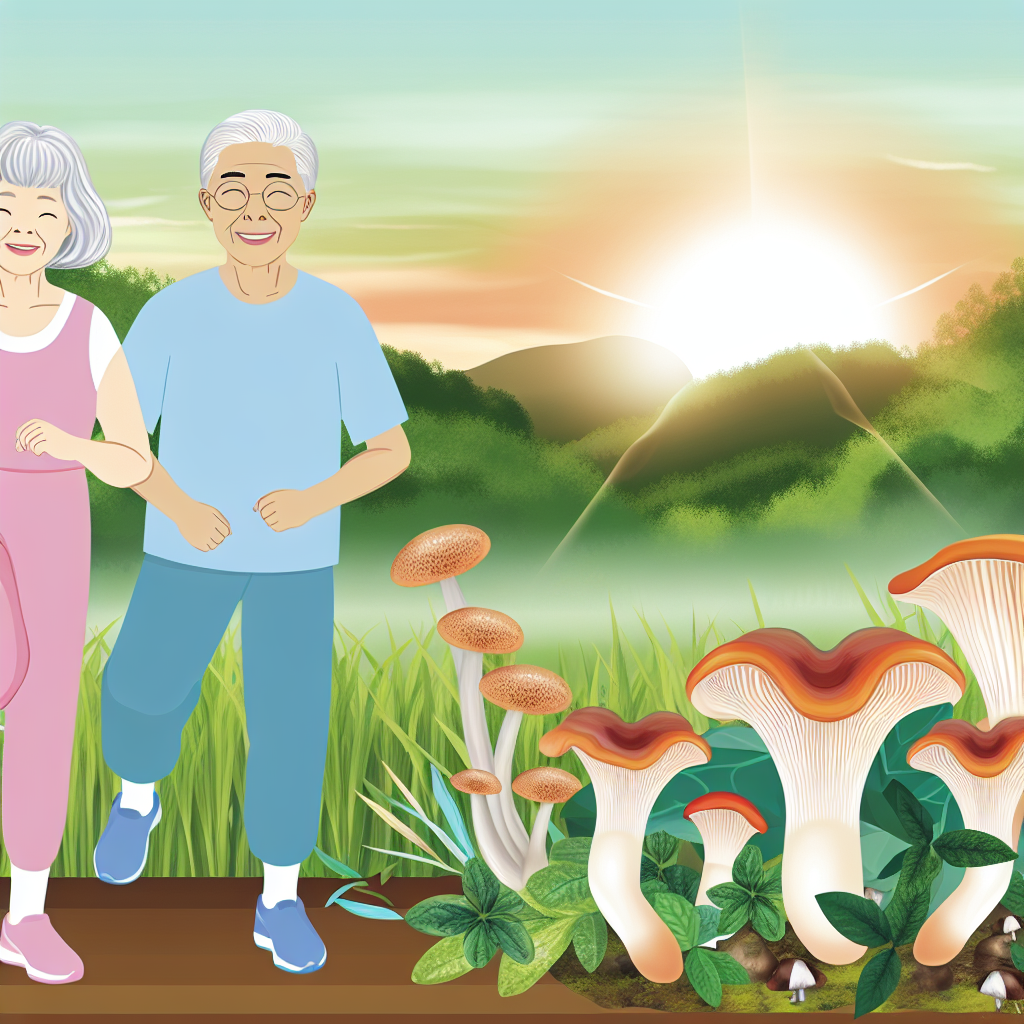Psilocybin-Assisted Therapy for Anxiety Disorders: Clinical Approaches
Introduction
Anxiety disorders are among the most common mental health conditions globally, impacting millions and creating a substantial emotional and economic burden. While traditional treatments like CBT (Cognitive Behavioral Therapy) and SSRIs (Selective Serotonin Reuptake Inhibitors) offer relief, many individuals remain treatment-resistant. This unmet need drives the exploration of alternatives such as psilocybin-assisted therapy.
Psilocybin, the active compound in psychedelic mushrooms, is gaining attention for its ability to produce transformative therapeutic experiences under controlled conditions. Rather than being taken daily like conventional medications, psilocybin therapy typically involves one or two high-dose assisted sessions conducted alongside structured psychological support.
Each treatment cycle includes a preparation phase (psychological readiness), the administration phase (under clinical supervision for 4–6 hours), and an integration phase (making meaning of the experience). Patients often wear eye masks and listen to curated music, which aids in inner-focused exploration and emotional processing.
Unlike conventional treatments which often address symptoms, psilocybin-assisted therapy aims to dissolve the source of anxiety by facilitating intense introspective states marked by clarity, emotional insight, reduced fear, and enhanced spiritual or existential understanding.
Growing evidence from clinical trials, expert endorsements, and the FDA’s breakthrough therapy designation for psilocybin highlight its therapeutic promise. This article explores current approaches, clinical findings, and the exciting frontier of psychedelic therapy for anxiety disorders.
Clinical Features and Research Highlights
One of the most cited studies in contemporary psychedelic research is a 2016 Johns Hopkins University trial where psilocybin was given to patients with terminal illness experiencing anxiety and depression. Nearly 80% experienced marked reductions in anxiety that persisted for six months or more after just one or two sessions. This long duration of effect is particularly noteworthy given that conventional medications often require daily use and constant dosage adjustments.
In a randomized trial published in JAMA Psychiatry (2021), psilocybin was administered to patients with Major Depressive Disorder. Although this study did not target anxiety directly, depression and anxiety have significant overlap in terms of neural circuits and symptomatology. Participants showed fast and lasting symptom relief, suggesting broader potential to treat comorbid anxiety.
A separate study from NYU Langone involved individuals with end-of-life anxiety. The therapy resulted in decreased state and trait anxiety through mechanisms that included emotional breakthroughs, existential insights, and increased spiritual awareness. Patients were less likely to describe a “numbing” effect (common in SSRIs) and more likely to report emotional freedom and acceptance.
Mechanistically, psilocybin primarily targets the brain’s 5-HT2A serotonin receptors, enhancing neural plasticity and disrupting entrenched thought loops. This can be especially helpful for anxiety, where repetitive and irrational thoughts become deeply ingrained. Functional MRI studies by researchers at Imperial College London have shown that psilocybin quiets activity in the brain’s Default Mode Network (DMN). This region is overactive in anxiety and linked to excessive self-reflection and catastrophic thinking.
The therapeutic atmosphere also plays a critical role. Sessions are conducted in a tranquil, non-clinical setting with trained facilitators. Emotional guidance and meaning-making are emphasized both before and after the trip, significantly improving the experience’s therapeutic yield.
As scientific literature grows, clinical models are being adopted globally—in places like Oregon, Canada, and parts of Europe—where clinics are pioneering legal psychedelic therapy services. However, screening for certain psychiatric conditions, such as bipolar disorder or a family history of psychosis, is essential, since these may increase the risk of adverse reactions.
Conclusion
Clinical interest in psilocybin-assisted therapy for anxiety disorders is accelerating. Peer-reviewed studies have consistently shown substantial and lasting benefits in anxiety reduction, especially for patients who have not responded to conventional treatments. By acting on both neurobiological and psychological levels, this therapy offers a potentially transformative approach.
As public opinion evolves and government policies begin to reflect new scientific realities, the integration of this novel treatment into mental health practice appears increasingly likely. With careful guidelines, appropriate therapist training, and continued research, psilocybin may revolutionize the way we understand and treat anxiety.
References
For ongoing updates about breakthroughs in psychedelic therapies, visit ShroomFan.com.
Concise Summary
Psilocybin-assisted therapy shows transformative potential for treating anxiety disorders. Unlike traditional drugs, this therapy involves one or two supervised psychedelic sessions along with preparatory and integration counseling. Clinical studies at institutions like Johns Hopkins and NYU demonstrate long-lasting anxiety reductions even months after treatment. Psilocybin appears to reduce overactive brain networks responsible for fear and rigidity, enabling emotional breakthroughs. Although the treatment is still emerging and unsuitable for high-risk groups, increasing research and policy support signal a promising future for its incorporation into mainstream mental health care.

Dominic E. is a passionate filmmaker navigating the exciting intersection of art and science. By day, he delves into the complexities of the human body as a full-time medical writer, meticulously translating intricate medical concepts into accessible and engaging narratives. By night, he explores the boundless realm of cinematic storytelling, crafting narratives that evoke emotion and challenge perspectives. Film Student and Full-time Medical Writer for ContentVendor.com
